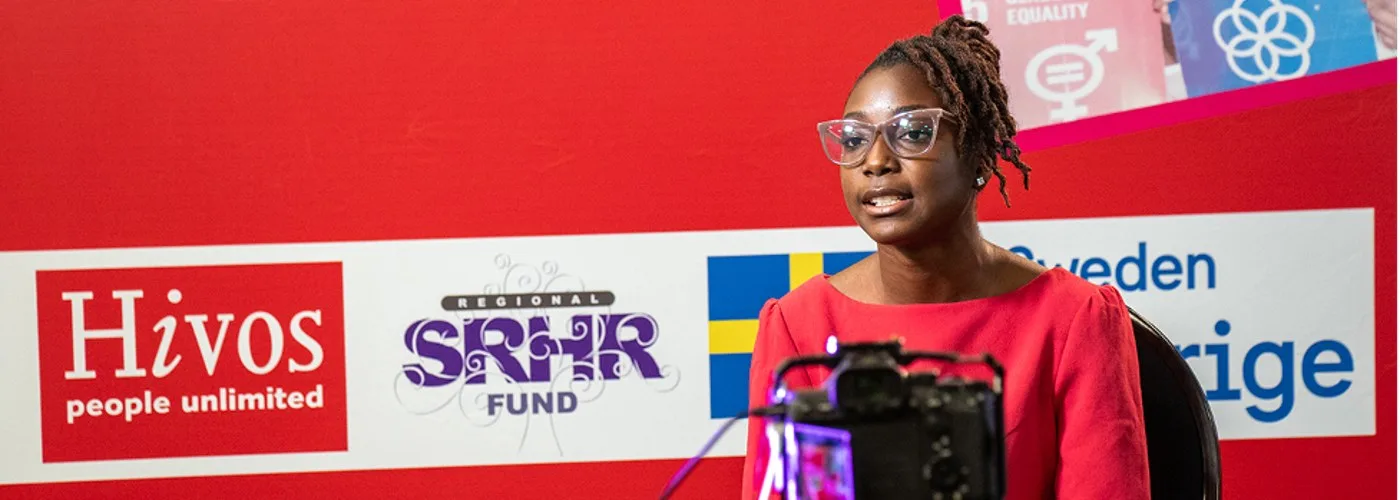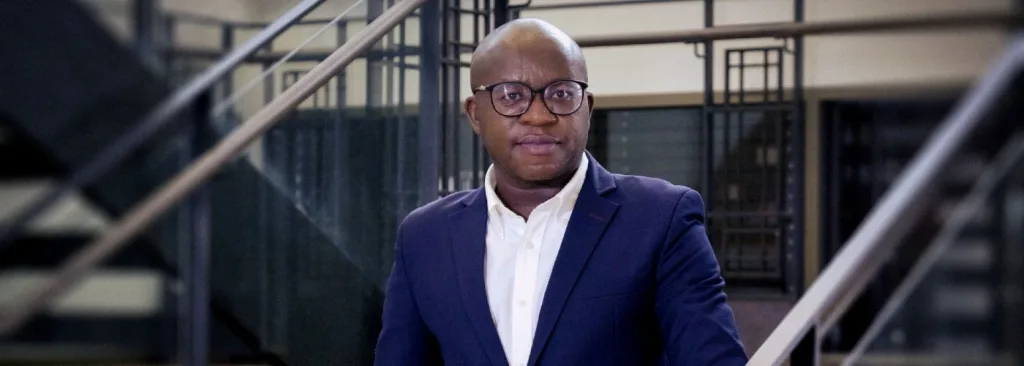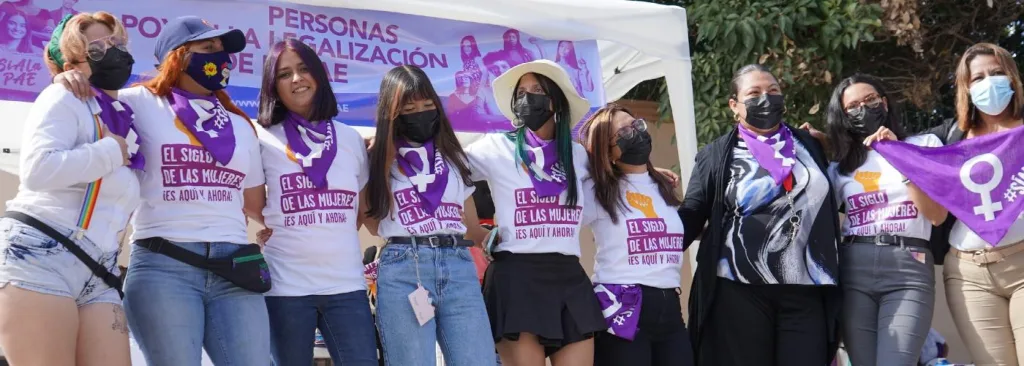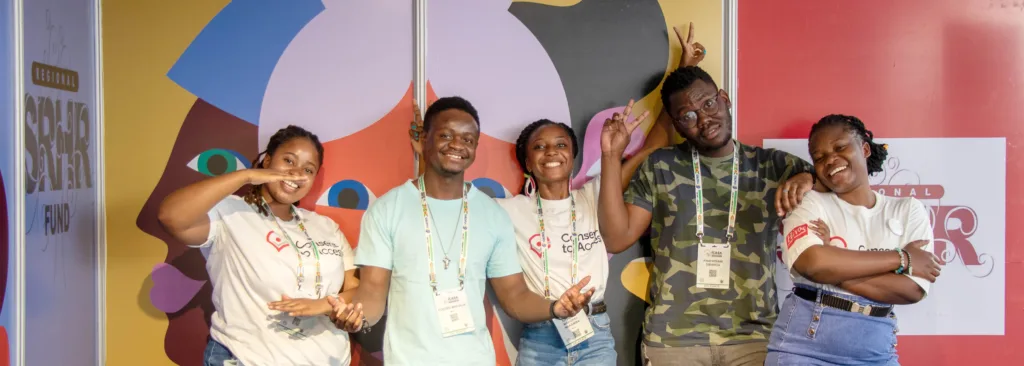In April this year, our Regional Sexual and Reproductive Health and Rights (SRHR) Fund established the Youth Advisory Panel to ensure youth voices, participation and leadership are included in all decision-making aspects of the program.
Youth below the age of 30 years from Malawi, Kenya, Uganda, Zambia and Zimbabwe were invited to join the panel. This month we completed the selection of participants, and launched the panel officially.
International Youth Day
The final selection of the Youth Advisory Panel coincides with International Youth Day, celebrated on 12 August. This year, International Youth Day focuses on a sustainable world and the important role young people have in making ‘green conscious’ decisions for the betterment of the global future.
Facilities such as the Regional SRHR Fund’s Youth Advisory Panel are part of steps we have taken in giving young people the freedom and responsibility to influence change. We’re happy to introduce several members of the Youth Advisory Panel below.
It is time to see youth as the ‘dream-drivers’ in all spaces and dialogues.
Youth approaches in Zambia
Nasante Nakamba (24) is based in Zambia. She views young people as agents of change, with local approaches key towards realizing improvements in SRHR and the fight for climate action.
“As a rapidly growing youthful generation, it is inevitable that change will happen. Our voices can contribute to taking well-informed decisions about sustainable communities,” she highlights.
“Our thoughts and actions are not only engraved for today but for years to come. It is time to see youth as the ‘dream-drivers’ in all spaces and dialogues, to create the change we want to see. SRHR programming in Zambia has seen recent improvements through this method. Facilitative local approaches speak more volume to the specific challenges than a universal approach – especially with adolescent health.”
Emancipating young people
In Zimbabwe, Rudo Mudzingwa (22) believes empowering young people with green skills can contribute to the eradication of poverty and reduction of vulnerability among her peers.
“If we don’t educate and equip young people with green skills, we will not achieve sustainability as a goal. Neither will the climate crisis be ended. Green skills can play a huge role in eradicating poverty in Sub-Saharan Africa – saving lives and improving livelihoods,” she explains.
“By making use of new innovations and youthful contributions, we can reduce our vulnerability to the effects of climate change. Then, we stand a better chance as young people.”
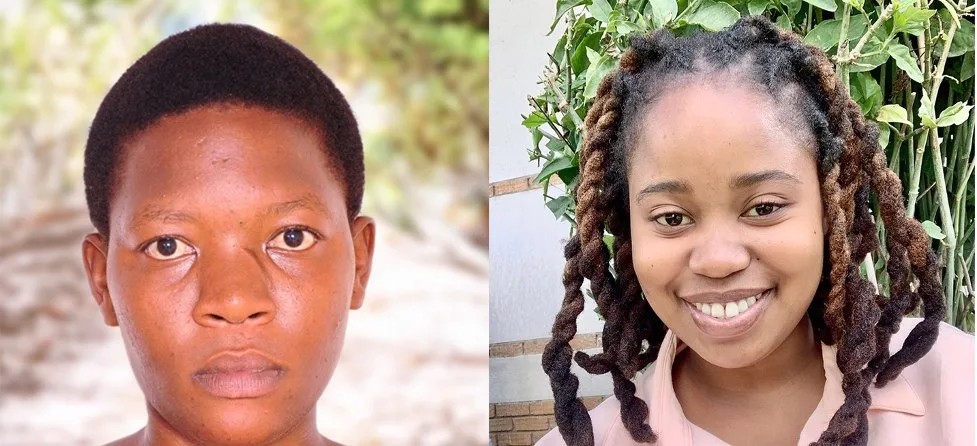
Being heard in Uganda
Susan Sabano in Uganda lives with cerebral palsy and is passionate about disability inclusion. As a member of the Youth Advisory Panel, she is an advocate for the sexual rights of young people living with disabilities.
“President Barack Obama once said ‘one voice can change the world’ and I use my voice to raise awareness on issues affecting people living with disabilities – especially sexual and reproductive health rights,” Susan says.
“This International Youth Day’s theme is a reminder to empower youth to contribute towards protecting our environment. We have seen how, for example, environmental degradation can be mitigated in Africa through the use of reusable sanitary pads. Let’s support young people and let their new ideas be heard.”

